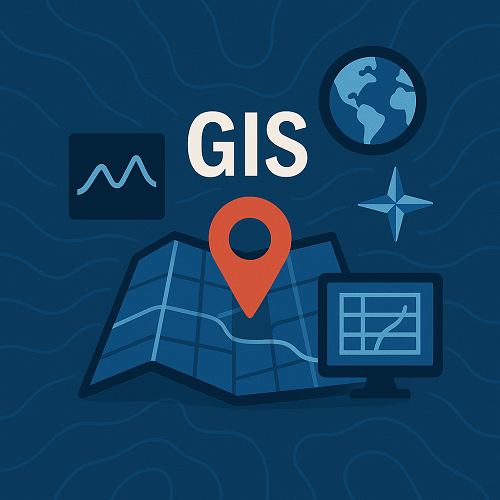In today’s fast-paced and competitive business world, companies are constantly searching for new and innovative ways to improve their operations and drive growth. One of the most effective tools for achieving these goals is Geographic Information Systems (GIS) technology.
GIS technology is a powerful tool that enables businesses to analyze and visualize data in spatial terms. By mapping out data points on a geographic map, businesses can gain a deeper understanding of trends, patterns, and relationships that would not be apparent through traditional data analysis methods.
One of the primary benefits of GIS technology for business is the ability to make more informed decisions. By incorporating real-world data into decision-making processes, businesses can make more accurate and informed choices that will help them achieve their goals.
GIS technology also helps businesses identify hidden opportunities for growth. By analyzing data in a geographic context, businesses can identify new markets, emerging trends, and areas where they can optimize their operations to drive growth.
Another key benefit of GIS technology is the ability to enhance collaboration and communication. By visualizing data on a map, businesses can more easily share information with stakeholders and team members, improving communication and fostering collaboration.
Incorporating GIS technology into a business can be a complex process, but the benefits are clearly worth the effort. By unlocking the full potential of data through GIS technology, businesses can drive growth, improve operations, and make more informed decisions.
FAQs:
1. What industries can benefit from GIS technology?
Answer: Virtually any industry that relies on data can benefit from GIS technology, including healthcare, retail, transportation, real estate, and many others.
2. What types of data can GIS technology analyze?
Answer: GIS technology can analyze a wide range of data types, including customer demographics, sales data, traffic patterns, and environmental data, among many others.
3. Is GIS technology difficult to implement?
Answer: Implementing GIS technology can be complex, but with the right approach and support, businesses can fully capitalize on its potential.
4. Can GIS technology be used for marketing purposes?
Answer: Yes, GIS technology can help businesses understand consumer behavior and demographics in a geographic context, allowing them to tailor their marketing strategies more effectively.
5. Is GIS technology expensive?
Answer: The cost of GIS technology varies depending on the scope and complexity of the implementation, but it is often a worthwhile investment for businesses seeking to drive growth and improve operations.
